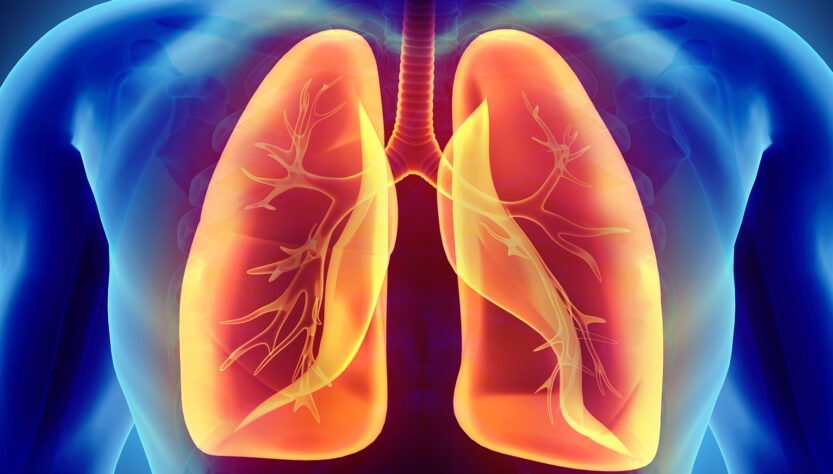A unique case of lung cancer has caused a call for additional investigation into the popular Cannabinoid CBD as a potential cancer treatment, according to a recently published report in BMJ cases reports. Although more research is needed, the CBD has grown in popularity as a medicinal compound, with user reports that claim effects such as reduced inflammation, a decrease in pain, improvements in some mental health symptoms and the like.
The case involved a patient who was 80 years old; She smoked at least one package of cigarettes per week and was diagnosed with multiple health conditions, including COPD and high blood pressure. This patient was also diagnosed with non -small cell lung cancer, which was described as a 41 mm malignant tumor that had not spread.
The unidentified patient rejected conventional treatment for cancerous tumor, instead, she obtained regular medical care monitoring and computerized tomographies once each quarter or half a year. The tumor was diagnosed in the summer of 2018 and, the researchers point out, this type of cancer usually only has a half -year survival rate without treatment.
Despite her lack of treatment, the patient lived beyond the average survival period and, as of February 2021, it was observed that her tumor had decreased by 10 mm size, a 76 percent decrease . The patient had been contacted in 2019, when she revealed that she had begun to take CBD oil with a dose of approximately 0.5 ml two or three times a day.
The breakdown of the product, based on the supplier’s details, indicated that the oil contained 19.5 percent of THC, 20 percent of CBD and 24 percent of THCA. It is noteworthy that the patient continued to smoke during this period of time despite the diagnosis of lung cancer and did not experience any change in life or recipe.
The report mentions another “similar” case, but ultimately, researchers warn that there are still many unknown factors at stake and that it cannot be said at this time if the benefit can be attributed to the CBD. However, additional investigation can help shed light on the effect of cannabinoids on cancer, including finer details such as how it should be administered, what dose they are safe and the like.

